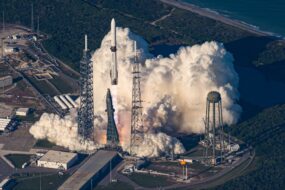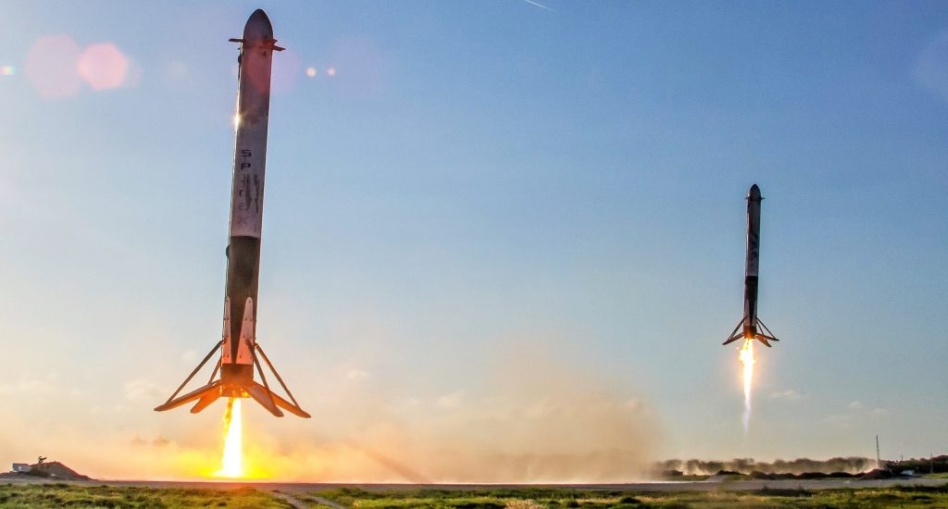With all the talk of satellite constellations in beta or build phase, we figured we’d check up on one that’s fully up and running.
Satellite operator Iridium reported Q3 earnings Monday. The McLean, VA-based company generated ~$162 million in Q3 revenue, a 5.5% beat. Its net loss was $2.1 million.
- Commercial services revenue totaled ~$102 million, equal to roughly 63% of Iridium’s Q3 haul.
- Equipment sales ($26.9M, 17%) narrowly edged out government services revenue ($25.9M, 16%), with engineering/support making up the remainder.
Backstory: Launched from eight Falcon 9s in 2019, the 2nd-gen IridiumNEXT constellation consists of 66 operational satellites and nine spares. Coverage extends across all of Earth.
- You can find Iridium satellite terminals in planes and boats. You can also find internet of Things (IoT) equipment, Garmin devices, and phones tapping Iridium’s constellation for connectivity.
- As of Sep. 1, Iridium’s network had 1.1 million IoT connections, with 71,000 net activations in Q3. In the “personal communications devices” department (read: phones), 500,000+ devices leverage Iridium’s network for voice and data services.
Supply chain stress: Semiconductor shortages have disrupted production of some Iridium IoT modules. The company expects a return to normalcy by summer 2022. Iridium CEO Matt Desch said he wished “we were less constrained by the shortage, especially as we see demand outstripping current supply.”
Closing thought: “We believe that the adoption of satellite connectivity into mass-scale, consumer-oriented devices is inevitable,” Desch said on a call with analysts. He declined to discuss rumors about a future satellite-connected iPhone.





